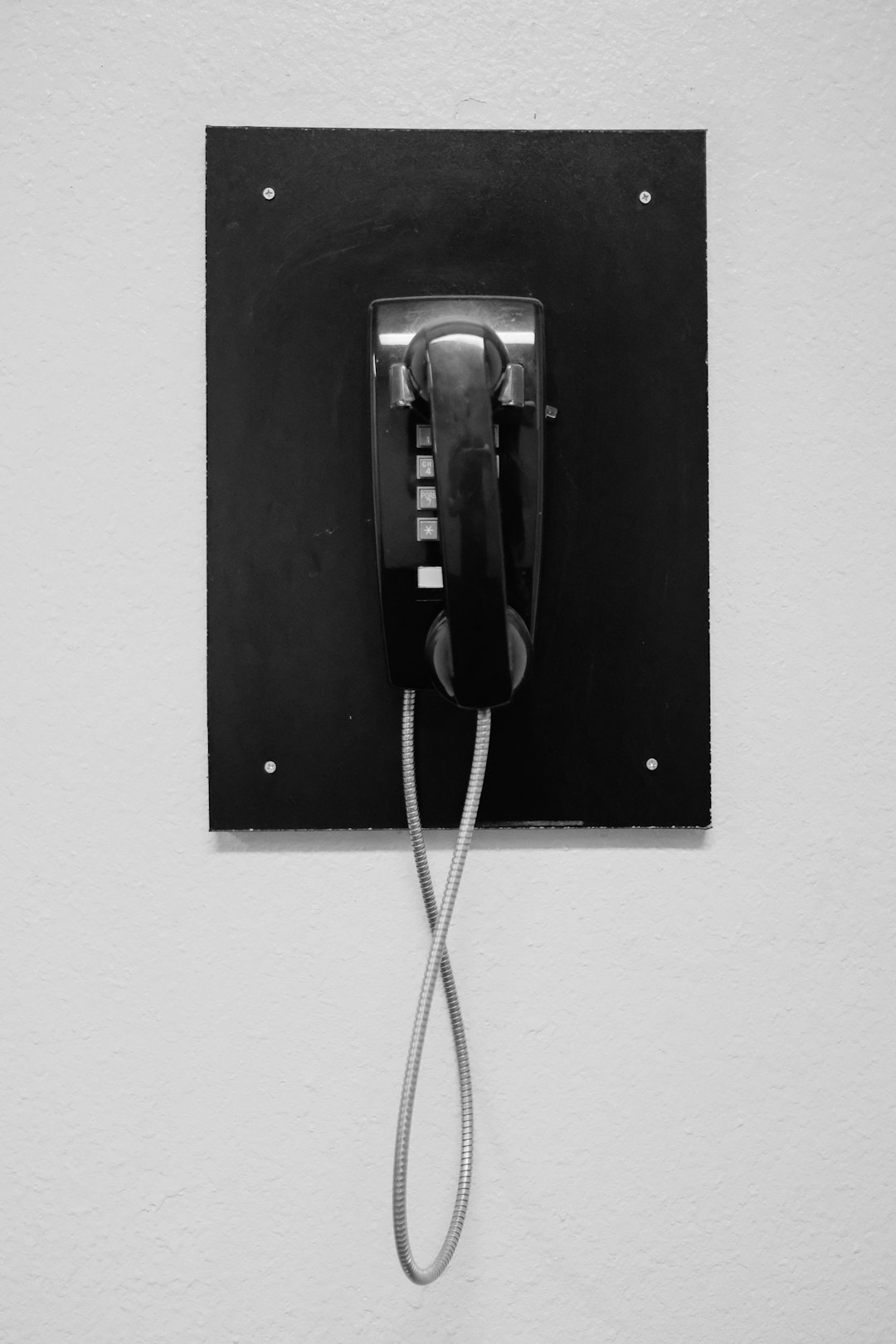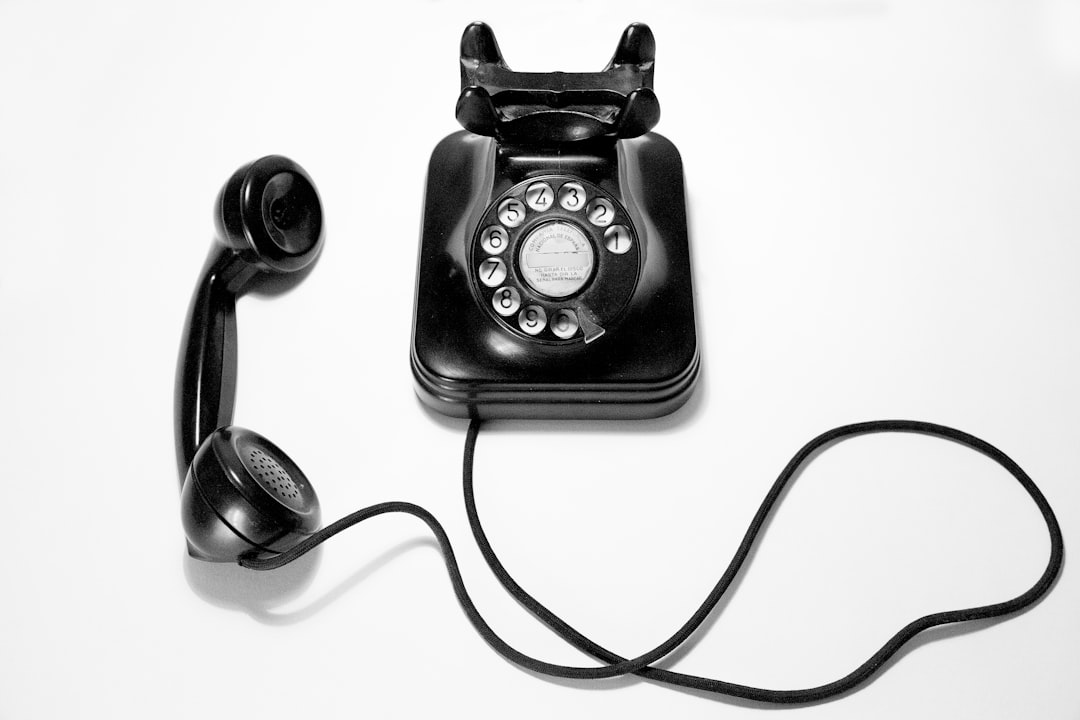In Nevada, robocalls for marketing are governed by federal (TCPA) and state laws protecting consumers. Businesses using autodialers must obtain explicit consent, offer opt-out options, and document calls to comply with TCPA and avoid fines. Hiring an autodialer attorney Nevada ensures legal navigation of complex rules, respects consumer privacy, and supports effective marketing strategies.
In the digital age, robocalls have become a ubiquitous marketing tool. However, their use raises important legal considerations, especially in Nevada. This article delves into the intricacies of robocalls and auto dialers, exploring the legal framework governing marketing calls in NV, including key laws and consent requirements. We also provide best practices for compliance to avoid fines and offer guidance on hiring an autodialer attorney in Nevada for effective regulation.
Understanding Robocalls and Auto Dialers in Nevada

In Nevada, the use of robocalls for marketing purposes is regulated by state and federal laws, with a primary focus on consumer protection. Robocalls, automated phone calls that deliver recorded messages, are typically deployed using auto dialers, software designed to initiate calls en masse. These technologies have revolutionized direct marketing strategies, but they must be employed responsibly to avoid legal pitfalls.
An autodialer attorney in Nevada can guide businesses on navigating these regulations, ensuring compliance with the Telephone Consumer Protection Act (TCPA) and state-specific laws. Key considerations include obtaining prior express consent from recipients before making automated calls, providing a clear and easy opt-out mechanism during each call, and maintaining detailed records of call campaigns to demonstrate compliance in case of disputes or enforcement actions by consumer protection agencies.
Legal Framework for Marketing Calls in NV: Key Laws

In Nevada, the legal framework governing marketing calls, including those made using an autodialer, is primarily structured around the Telephone Consumer Protection Act (TCPA). This federal law restricts how businesses can contact consumers via telephone, with strict guidelines regarding pre-recorded or automated messages. In Nevada, the state has also enacted its own regulations to complement the TCPA, ensuring robust consumer protection.
Key laws to consider when using robocalls for marketing in NV include the requirement to obtain prior express consent from recipients before making autodialed calls and the prohibition against using artificial or prerecorded voices without disclosure. Violations can lead to substantial fines, with damages per violation ranging from $500 to $1,500, depending on circumstances. Engaging an attorney specializing in telecommunications law is advisable for businesses operating in Nevada to ensure compliance and mitigate potential legal risks associated with marketing calls.
Consent and Do-Not-Call Lists: Navigating Requirements

In the realm of marketing, using robocalls can be a game-changer, reaching vast audiences promptly. However, in Nevada and many other jurisdictions, utilizing an autodialer for marketing purposes comes with stringent legal considerations, particularly regarding consent and Do-Not-Call (DNC) lists. Businesses must navigate these requirements meticulously to avoid legal pitfalls.
One of the primary regulations centers on obtaining explicit consent from recipients before initiating automated calls. This involves providing a clear opt-out option during initial interactions. Additionally, businesses should ensure they are compliant with state and federal DNC list regulations, which prohibit unsolicited calls to phone numbers registered on these lists. An autodialer attorney in Nevada can guide companies through these complexities, ensuring their marketing strategies adhere to legal standards while effectively reaching potential customers.
Best Practices for Compliance and Avoiding Fines

To ensure compliance with regulations and avoid hefty fines, companies utilizing robocalls for marketing must adhere to strict best practices. One key aspect is to have explicit consent from recipients; this can be achieved through opt-in forms or clear agreements during initial customer interactions. Using an autodialer in Nevada requires adherence to the Telephone Consumer Protection Act (TCPA), which dictates do-not-call hours and prohibits calls to numbers on the National Do-Not-Call Registry.
Regularly reviewing and updating privacy policies and terms of service is essential, especially regarding robocall permissions. Employers should also train staff on compliance guidelines to minimize errors. An experienced autodialer attorney in Nevada can help navigate these complexities, ensuring your marketing strategies remain legal and effective.
Hiring an Attorney for Effective Robocall Regulation

When navigating the legal landscape surrounding robocalls for marketing, businesses in Nevada often find it beneficial to hire an autodialer attorney. These specialists are well-versed in the complex regulations and guidelines set forth by the Telephone Consumer Protection Act (TCPA) and related state laws. An autodialer attorney can help ensure compliance, providing peace of mind that your robocall campaigns won’t result in costly legal repercussions or customer backlash.
Hiring a qualified autodialer attorney Nevada offers valuable expertise in crafting scripts, setting up proper consent mechanisms, and implementing best practices to minimize the risk of violating consumer privacy rights. They can also assist with obtaining necessary permissions, tracking opt-out requests, and responding promptly to consumer complaints, thereby fostering a positive brand image and avoiding potential lawsuits related to unauthorized robocalls.






